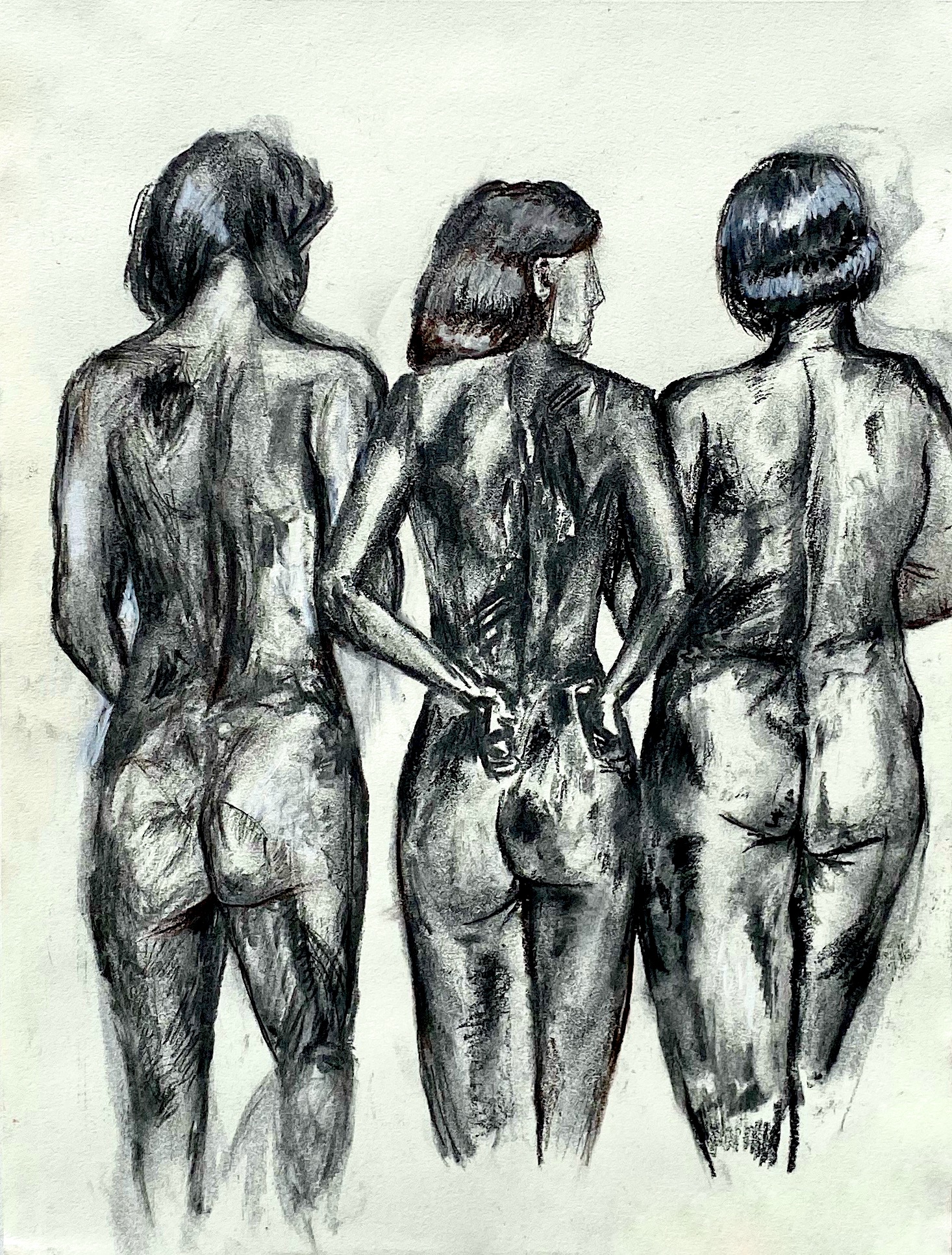“My Body Knows Unheard of Songs” Variations of Maternal Intimacy in the Works of Cécile Sauvage, Hélène Cixous, and Maggie Nelson
Main Article Content
Abstract
In 1908, shortly after giving birth to her first son, Cécile Sauvage, a young poet from rural south-eastern France, grieves the alteration of physical, emotional, and spiritual intimacy with her newborn son. Sauvage engenders her coming of age as a mother in twenty poems, which together comprise L’Âme en bourgeon (“The Soul in Bud”) forming the latter part of her first 1910 collection Tandis que la terre tourne (“As the Earth Spins”).Through the poetic figuration of her conflicting joys and melancholies with maternal status, Sauvage’s works reflect an oscillation between her embodiment of and detachment from the natural environment. While pregnancy manifests the closest and most fulfilling relationship possible for Sauvage, childbirth signifies a distancing of the relationship with her son, herself, and the natural world. She shifts between embracing and subverting the romanticization of motherhood through natural imagery to de-romanticize the reckoning bound up with the decentering of self intrinsic to motherhood. Her poems serve not only to foreground the subjects of pregnancy, childbirth, and motherhood in an art form that about these experiences, but functions, moreover, to complicate facile notions of maternal agency, eroticism, and death.

